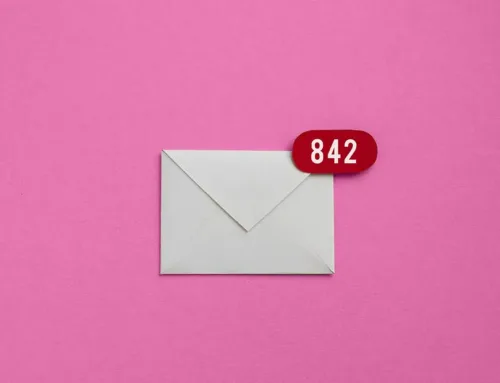How can I get my invoices paid on time?
Did you know more than a third of all invoices are paid late*? That’s a staggering amount and for some businesses it can cause some serious implications…
For some, debt chasing can feel a bit awkward or might be one of those tasks that keeps getting pushed back. But if you completed the work you are entitled to be paid on time and in full. There are some steps you can put in place to make the process easier:
1. Set and agree on terms from the start
Discuss your terms up front and honestly with your client from the start. Then follow it up with a legal contract, which clearly outlines payment terms and requirements, and also details your late payment charges.
Make sure you get the contract signed: no signature, no work. This might seem a bit over the top sometimes, especially if you are working for a friend, but it’s the best way to cover yourself. It also means your client is fully informed of your terms before they decide to hire you.
2. Make sure you have the correct information
Ever chased up an invoice only to discover it’s been sent to the wrong person? Before sending the invoice, checking you know who to send it to, that you have the correct name and address of the company, and if they need a PO number can avoid any delays.
Also make sure your correct details are on the invoice along with your payment terms or a due date.
3. Be on the ball with your invoicing.
Sounds obvious doesn’t it? But sending an invoice out late automatically means late payment; your client can’t start the payment process until they have the invoice.
Never delay your invoicing. Allocate specific time in your day or week to invoice. Use templates to speed the process up. Most accounting software have an app to invoice from your phone, there really is no excuse.
4. Communication is key – be firm but fair
Don’t sit on the invoice hoping they will pay – talk to them. Most accounting software platforms have the option to set up reminders or send statements at set times. If you invoice manually, log the due date in your diary to help you remember the payment date.
But let’s be honest, emails and automated statements get ignored. The best thing is to get on the phone and speak with them. There might be a valid reason as to why the invoice hasn’t been paid, but if you don’t talk to them you’ll never know.
Don’t accept excuses though; someone from accounts being on holiday is lovely for them, but should not affect you being paid, they have a duty to pay you. Equally it’s also good to remember the contract is between you and your client, not you and your client providing your client’s client has paid.
5. Have a debt process in place
Unfortunately even if you do all of the above, it does not guarantee timely payment. Put a debt process in place so you know what action you want to take and at what stage.
Don’t make empty threats. Know your rights and stick to them. You are entitled to charge interest and debt recovery costs if another business is late paying. For UK businesses there is further guidance on the GOV.UK website (opens link in a new tab).
If this still doesn’t work, you may want to seek further legal advice from solicitors regarding debt collection.
A lot of business owners will admit they grossly underestimated the time it takes to invoice and keep on top of payments. Yet it is probably one of the top most essential aspects of running a business other than the service or product you offer itself. If it’s something you struggle to find the time to do, why not outsource this part of your business to a Virtual Assistant, who can keep on top of it for you?
* Source: Xero.com
Testimonials

Here at Koobr, we hired Assistopia and Andrea to assist with client communication, project management, CRM administration and many more things. Andrea also identified areas of the business where we could make more money, a task which resulted in generating income that more than paid for her role for a year.
We think of Andrea as an integral and essential part of our team, all of the staff love working with her!

One of the great things about working with Andrea is that she’s not just virtual – she attends team meetings, keeps herself up-to-date with our operational challenges and offers suggestions on how to help.Andrea and Assistopia have been instrumental in improving our invoicing process significantly and now our credit control is actually under control thanks to her hard work. She even handles our tediously boring jobs quickly and with a smile too!

I’ve worked with Assistopia with 2 organisations and it is clear to see that Andrea is organised, dedicated and asks the right questions and can work autonomously with the ability to push on a project. She is diligent and demonstrates her experience time and time again. I would recommend!
Andrea helps me with research projects. She is friendly and professional and always delivers on time and to brief. By working with Andrea, I’m able to free up some of my time so I can expand what I’m able to do for my clients.

It’s been really great working with Andrea and Assistopia. Andrea is very organised and professional – exactly what I needed from a virtual assistant. Highly recommended.

Andrea is the Donna to my Harvey!

Assistopia and Andrea have been such a help to me and my business. Andrea is a self starter, flexible, approachable and extremely professional. I would not hesitate in recommending her and Assistopia to anyone.
When I looked for a virtual assistant in Derby, I came across Andrea from Assistopia and asked her to help me complete a complex digital administrative task that I was finding very time consuming. Andrea came to the table with a quick understanding of what needed completing, took full ownership of the task and I couldn’t be happier with the end result. Highly recommended.



